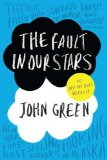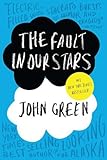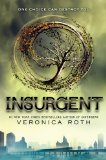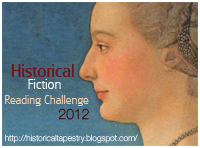I get to live in a place that looks like this in the fall. How lucky am I? I didn’t take this picture, and it’s actually New Hampshire rather than Massachusetts. The leaves have just begun to turn here. Right now there is a very soft rain falling outside. It’s perfect weather for curling up with a cup of tea and a book.
I recently became the new advisor of the Book Club at my school, and as you might expect, it’s full of smart girls. I wish we could have talked more boys into joining. If they were smart, they’d have joined if for no other reason than that they can meet girls. For their first book, the girls picked Stephen Chbosky’s The Perks of Being a Wallflower. The plan is to read half the book by our next meeting on Thursday, and then finish the other half for the following week. Then we are going to go see the movie. I am more excited than I can say about the Book Club. For one thing, it’s a proper book club. The girls are serious. They love books. It makes me so happy. If you have ever been an English teacher and tried to get students to love books, then you understand how I feel. If you feel like the world would be a better place if only more people were readers, then you also understand how I feel.
I have also become something of a go-to person for YA in the library, and in the next few weeks, I plan to request a big stack of books for the library. I believe that the school library should be driven by student interest as much as by curriculum. Certainly teachers should request books, but it is my hope that students will also see the library as a place to check out the books they want to read. I will be helping one of our librarians out with a display for Teen Read Week. I am so excited about this role because I’m excited to influence and support our students’ reading. I have been fortunate to hear from parents and former students about my role in their development as a reader, and nothing gives me more pleasure than fostering a love of lifelong reading in a student.
I am about 60 pages into Perks, and so far, what a great book! Charlie, the protagonist, makes a mixtape for his friend Patrick, whom he has drawn as a Secret Santa partner for Christmas. I recreated the playlist minus the Beatles songs, which aren’t in Spotify (I substituted with some cover versions). I shared it with the Book Club girls, so I thought I’d share it with Perks fans here. Take a listen.
Enjoy this glorious fall Sunday!

















